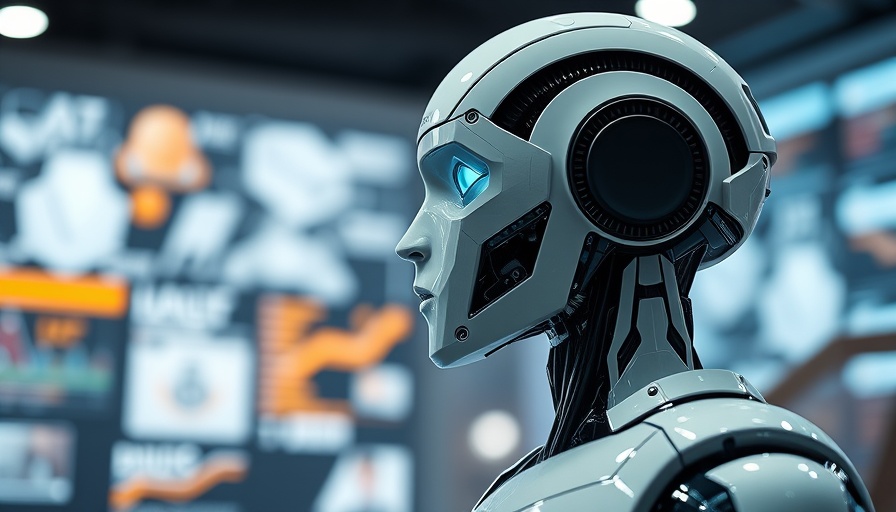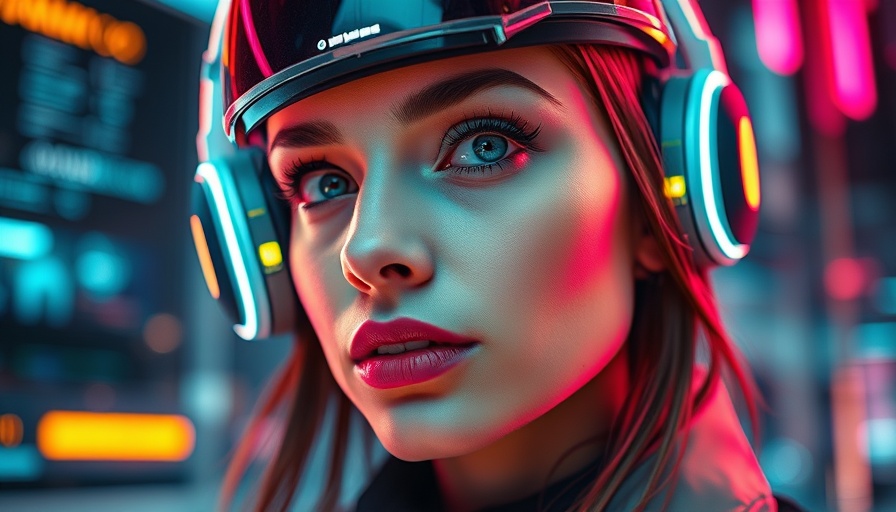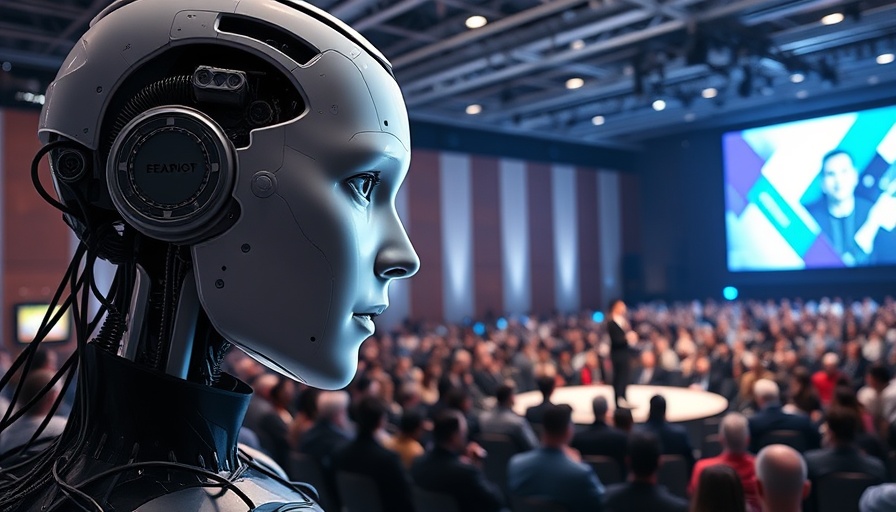
The Next Generation of AI: Energy-Based Transformers
Artificial intelligence is evolving beyond mere pattern recognition. A ground-breaking advancement in AI is the emergence of energy-based transformers (EBTs), which can think and reason more like a human. Traditional transformer models like those used in ChatGPT can rattle off information quickly, but they lack the ability to deeply analyze problems, often performing tasks in a one-size-fits-all manner. EBTs change this paradigm by incorporating a flexible evaluation process, scoring potential answers based on their energy values and refining results step by step. This innovation allows AI to adapt its reasoning length depending on task complexity, promising a future of AI that not only responds faster but does so with more depth and understanding.
In 'New AI Model Mimics Human Mind With Energy Based Reasoning', the discussion dives into revolutionary AI models that mimic human-like reasoning, prompting us to analyze their implications for innovation in Michigan.
Addressing Real-World Data Challenges: Google’s LSM2 Model
In the intricate world of wearable technology, raw data from devices like smartwatches often arrives incomplete. Google's new model, LSM2, tackles this issue head-on. Instead of dismissing or inaccurately filling these data gaps, LSM2 employs a novel approach called Adaptive and Inherited Masking (AIM). The ability to address broken data sets without sacrificing quality is crucial for developing effective AI models in health monitoring. The potential applications for such robust handling of data are enormous, particularly in healthcare settings where accurate metrics can directly impact patient outcomes and innovation in medical technology.
No-Code Solutions Revolutionize App Development
Imagine building an app simply by describing what you want it to do, without any coding necessary. GitHub’s new tool, SparkCC, is making this a reality, allowing users to generate entire applications in minutes through natural language input. This innovation lowers barriers for both novice and experienced developers by automating the backend processes and improving efficiency in app development. Michigan's own tech startups and developers can benefit tremendously from such tools, streamlining processes and fostering a more inclusive development environment.
Empowering AI with PI Vision for Real-Time Reasoning
Researchers are also providing AI with the ability to not only recognize but reason about visual inputs through the PI Vision project. By enabling AI models to write their own Python code on the fly, the framework allows machines to solve visual reasoning challenges dynamically, analogous to human problem-solving. This breakthrough holds significant implications for industries relying on AI for visual data interpretation, such as healthcare diagnostics and security.
The Broader Implications of Emerging Technologies in Michigan
As we consider these advances, it’s critical for Michigan's tech founders, investors, and professionals to remain current on these technologies. The introduction of EBTs, intelligent wearable data systems, no-code app generation, and an adaptable AI framework highlights a shift towards smarter, more flexible AI applications. This evolution fosters opportunities for innovation across Michigan's tech landscape, particularly in growing sectors like AI and machine learning, where local innovation hubs are thriving.
As the tech ecosystem in Michigan continues to mature, being aware of such developments and how they can integrate with local ventures can shape the future of work and technology in Detroit.
For ease of adaptation, expect upcoming Detroit tech events to explore these advances, as they will be crucial for educational initiatives, venture funding, and workforce development. By engaging in discussions and workshops offered at local incubators and coding bootcamps, participants can better understand these technologies and their potential applications.
Opportunities are everywhere in Metro Detroit—where various emerging technologies like AI, IoT, and blockchain converge to redefine our digital spaces. The necessity to foster a skilled workforce prepared for these innovations underscores the importance of continuous learning and adaptation to remain competitive in an ever-evolving landscape.
 Add Row
Add Row  Add
Add 



Write A Comment